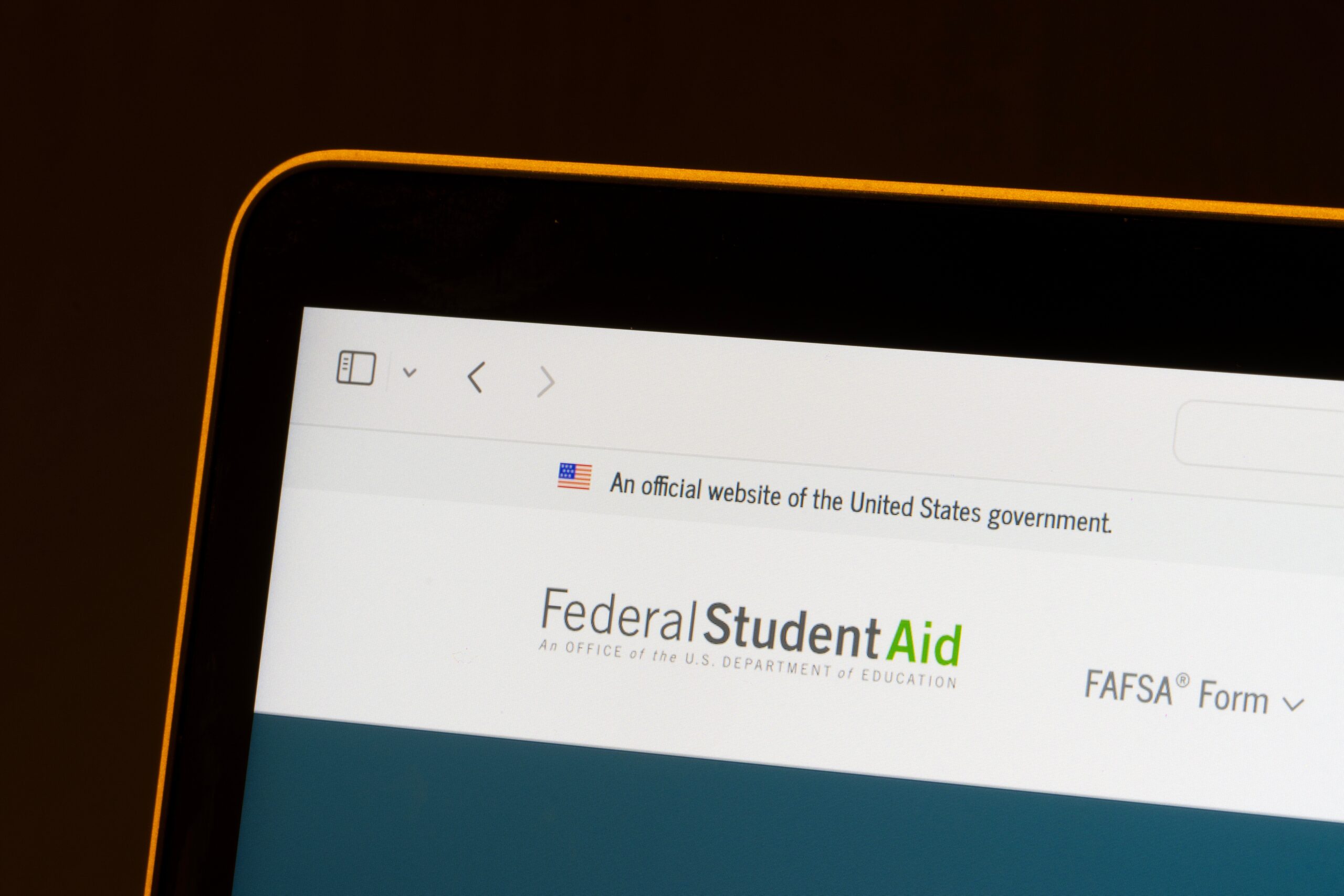July 2025 brought sweeping legislative changes with the passage of the One Big Beautiful Bill. While most headlines focused on tax cuts and education reform, a lesser-known but highly relevant provision for many of our clients is the new federal remittance tax.
Whether you support family members abroad, invest internationally, are an expat, or manage multi-generational wealth across borders, this new rule could affect your strategy—and we’re here to help you navigate it.
What Is the Remittance Tax?
Starting January 1, 2026, a 1% federal excise tax will apply to money sent from the U.S. to foreign recipients when using:
- Cash transfers (e.g., MoneyGram, Western Union)
- Money orders
- Cashier’s checks
The tax applies regardless of citizenship or residency status. If you or your family regularly send funds abroad using these methods, you’ll now face a new cost on top of existing transfer fees.
Why It Matters to Our Clients
Many of Pioneer Wealth’s clients have global ties. This includes supporting relatives, contributing to overseas trusts, living overseas, or engaging in cross-border philanthropy. This tax may seem small, but it carries important implications:
1. Increased Transfer Costs
For clients who routinely send support abroad (especially to Latin America, Southeast Asia, or Africa), the 1% excise tax adds to the already high cost of remitting money. On $50,000 in annual support, that’s a $500 annual tax—on top of standard remittance fees.
2. Impact on Gifting & Philanthropy
If you’re gifting money to international family members or funding charitable efforts abroad, the new tax may affect how you structure those transfers. The method you choose (e.g., ACH vs. money order) will now matter more than ever.
3. Shifting to More Efficient Channels
There are still untaxed alternatives—including digital banking platforms, institutional wire transfers, and custodial foreign wires. Additionally, various crypto currency platforms may increasingly come into favor. We’re actively helping clients restructure their gifting and support plans to avoid unnecessary tax exposure.
What You Should Do Now
At Pioneer Wealth, we’re reviewing each client’s situation individually, but here are a few proactive steps we recommend:
1. Audit Your Remittance Methods
We’ll help you evaluate how you’re currently sending funds abroad—and identify whether your transfers will be subject to the 1% excise tax.
2. Explore Tax-Efficient Transfer Alternatives
If you’re currently using cash-based or check-based remittances, we can advise on more efficient digital options, including:
3. Incorporate Into Annual Planning
If your foreign support is part of an ongoing financial plan, lets work together to update your strategy and forecasts to account for this added tax.
A Note on Compliance & Enforcement
The law places enforcement responsibility on remittance providers (e.g., Western Union, MoneyGram), but that doesn’t remove your risk. Treasury guidance is forthcoming, and as your advisors, we’ll be monitoring the rollout closely.
It’s possible that additional reporting or documentation requirements will emerge—especially for larger or recurring remittances.
Effective Date & Next Steps
- Effective Date: January 1, 2026
- IRS Guidance Expected: Late 2025
We’ll continue to keep you updated as the IRS provides more clarity on enforcement, thresholds, and documentation. In the meantime, we encourage all clients with international financial activity to schedule a planning review.
The new 1% remittance tax is more than just a policy footnote—it’s a meaningful shift for globally engaged families and investors. Whether you’re supporting loved ones abroad or maintaining cross-border wealth strategies, proactive planning can minimize your exposure and optimize outcomes. As always check with your financial and tax professionals on how these rules may affect your particular situation.




